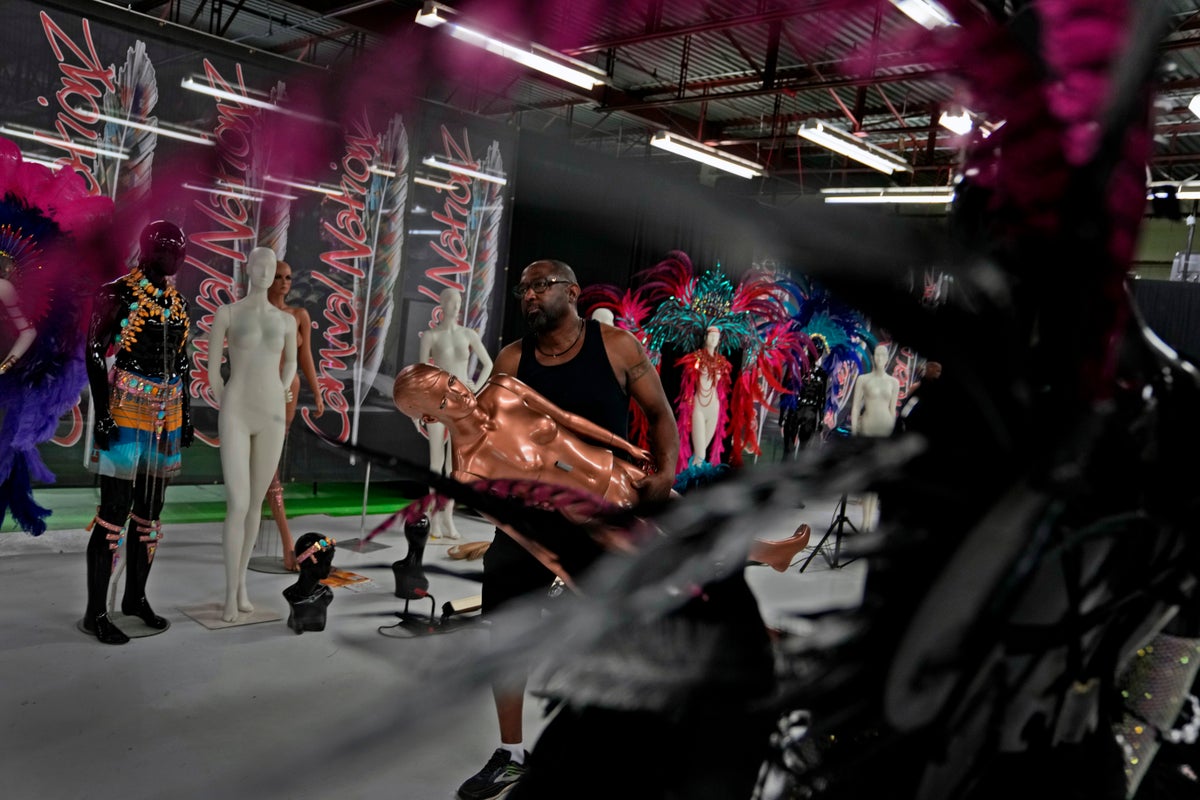
Caribana. A Celebration of Freedom.
Feathers. Glitter. Decadent floats. Booming music.
The vibrant masquerade at the Carnival Festival in Toronto is far more than a visual delight. It is a celebration of freedom -- of liberation and exuberance never so necessary as after two years of the event’s cancellation due to the coronavirus pandemic.
The return of the 55th annual parade offers much-needed relief for Toronto’s Caribbean immigrant community, who rejoice, reconnect and remember emancipation from slavery in extravagant plumage on their streets.
In major cities across the world, tens of thousands of revelers flock to the streets for Carnival celebrations. Toronto, for its part, has its parade on what the Canadian government recognizes as Emancipation Day weekend, the first Saturday of August commemorating the day slavery was abolished throughout the British Empire in 1834.
The participants who hammer out rhythms on hundreds of steel pans and carefully craft the feathered costumes describe the parade as a fundamentally life-affirming event, a full-sensory experience.
“For the new generations of Trinidad, the carnival is a reminder of where they come from,” Thadel Wilson, a steel pan drummer, told The Associated Press. “The Caribbean Carnival is for everyone, a day to celebrate the positives in your life and let go of the negatives.”
Some 10,000 costumed festival-goers took over the exhibition grounds on Toronto’s central Lake Shore Boulevard, transforming the site into a kaleidoscope of feathered wings and bejeweled headdresses in every color imaginable.
The city was buzzing -- literally. The soca-infused bass shook the ground. Drums clanged. Families and friends reunited after years of pandemic restrictions. And peacocking performers sashayed down the boulevard to the beat of the music.







